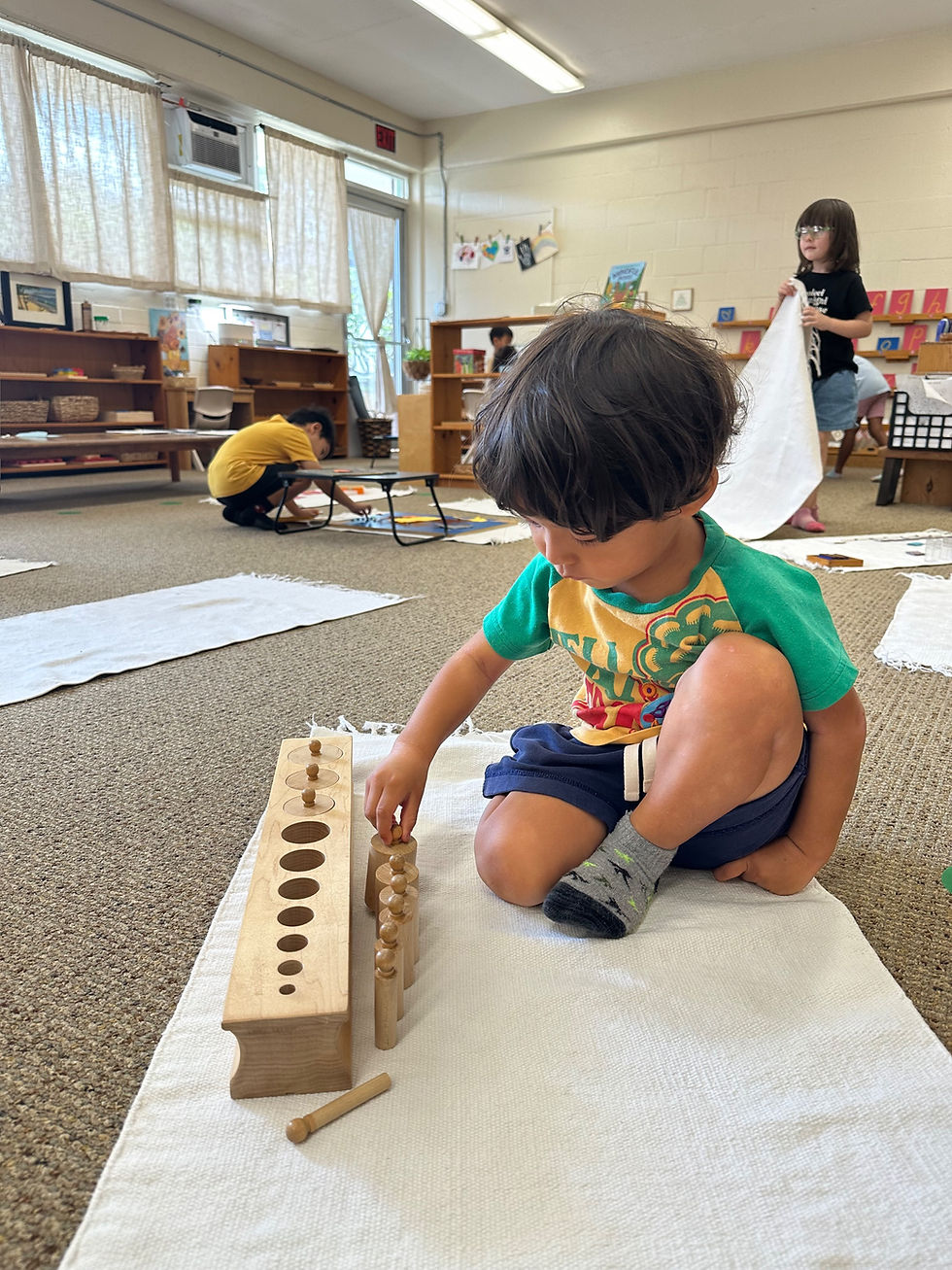Summer Fun & Happy Memories
- Montessori Community School

- Jun 13, 2024
- 2 min read

With summer just around the corner, families everywhere are gearing up for a few months of sun and fun! Engaging in positive experiences that create happy memories is not only enjoyable but also builds protection for a child’s mental health. When stress or sadness eventually makes its way into their lives, having positive core memories becomes an important protective factor.
The hippocampus, the part of the brain responsible for memory and stimulus responses, holds a cache of happy memories with significant people. Research has shown that a larger hippocampus is correlated with more positive childhood memories, serving as a protective factor. While we may not always consciously think of positive memories, having them stored helps the brain bounce back, allowing individuals to work through challenging moments quicker and with more optimism. Moreover, children with positive childhood memories often grow into adults with better health, positive interpersonal relationships, lower rates of substance abuse, and lower rates of depression.
So, how can families create these positive memories? It's not about grand gestures or spending money but rather about embracing the moments within each day. Taking a genuine interest in something a child loves, being their support through difficult moments, playing silly games and laughing, providing a safe space for them to share their feelings, embarking on adventures to new places, and making the mundane extraordinary are all ways to create lasting memories. Whether it's grocery shopping, washing the car, or cooking dinner, there's always an opportunity to find the fun and spark a smile!
For more information on happy memories, please take a moment to explore the following resources and attached infographic on the 7 Positive Childhood Experiences identified by a study at Johns Hopkins University:






